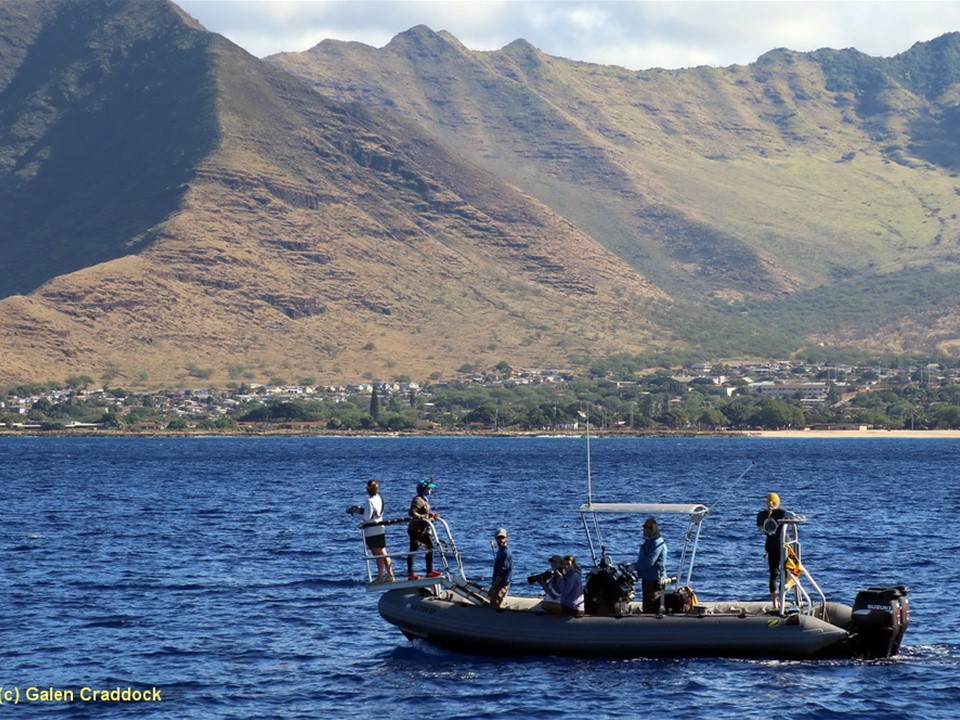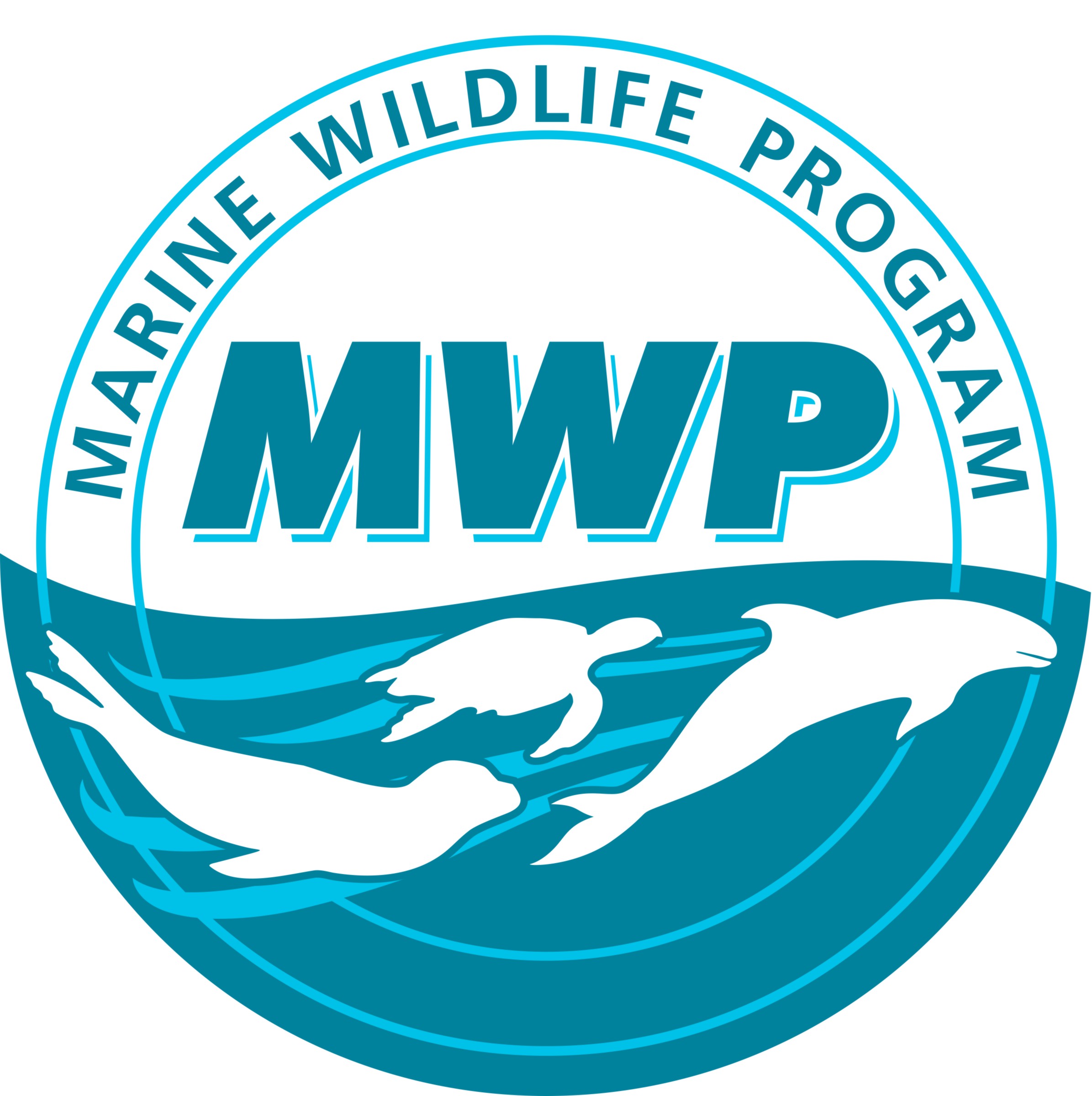
Photo (c) Galen Craddock

Robin Baird is a Research Biologist with Cascadia Research, joining in 2003, as well as a member of the Committee of Scientific Advisors on Marine Mammals of the U.S. Marine Mammal Commission. For many years his research focused on marine mammals in British Columbia. His current research focuses on population assessment, behavior and ecology of Hawaiian odontocetes but he is also continuing his research on biology and behavior of killer whales. Current projects include studies of diving behavior, movement patterns and food habits of killer whales in Washington state, and beaked whales, false killer whales and several other species of odontocetes in Hawai‘i. He has authored or co-authored more than 80 peer-reviewed publications, as well as a number of non-peer reviewed publications and reports, including the book Killer Whales of the World (Voyageur Press). His most recent book, The Lives of Hawai’i ‘s Dolphins and Whales, Natural History and Conservation (University of Hawai’i Press, 2016), encompasses the breadth of knowledge learned about Hawai’i’s 18 species of odontocetes. He obtained his Ph.D. in Biology from Simon Fraser University in 1994, and was a Post-doctoral Fellow at Dalhousie University in Halifax, Canada. For more information on his research see his web page. Robin can be reached at rwbaird@cascadiaresearch.org.
Each summer, students and interns assist Robin with fieldwork, data collection and data management. This research would not be possible without their extraordinary team effort.
Learn more about other Cascadia researchers associated with Hawaii research.

University of Hawaiʻi
Kristi West, Ph. D., leads the Marine Mammal Stranding Lab at the University of Hawaiʻi at Mānoa’s Hawaiʻi Institute of Marine Biology (HIMB). Kristi and her team examine stranded marine mammals to understand the cause of death, and to learn more about their biology, ecology, and threats to their populations. Because of the oceanic nature of these animals and protections under the Marine Mammal Protection Act (MMPA) and Endangered Species Act (ESA), stranded animals present an opportunity to learn about these animals and the threats that they face that we otherwise could not. Threats include human impacts such as plastic pollution, ship strikes, fishery interactions, and entanglements. Other threats include environmental contaminants, disease, starvation, and health-related factors. NOAA did a wonderful article on their work that you can find here. Kristi West has published dozens of research articles, many of which can be found here.

The Marine Wildlife Program at the Hawai’i Department of Land and Natural Resources, Division of Aquatic Resources, is a protected species management program for the State of Hawai’i, focused on community education and outreach in an effort to raise awareness, inform, and work with fishing communities to reduce and mitigate interactions with the protected species. This program is funded through Endangered Species Act Section 6 grant funding. Partnerships include NOAA’s Protected Species Division, researchers Robin Baird, Cascadia Research Collective, and Kristi West at the University of Hawai’i, and all others working toward the protection and recovery of Hawai’i’s marine protected species.